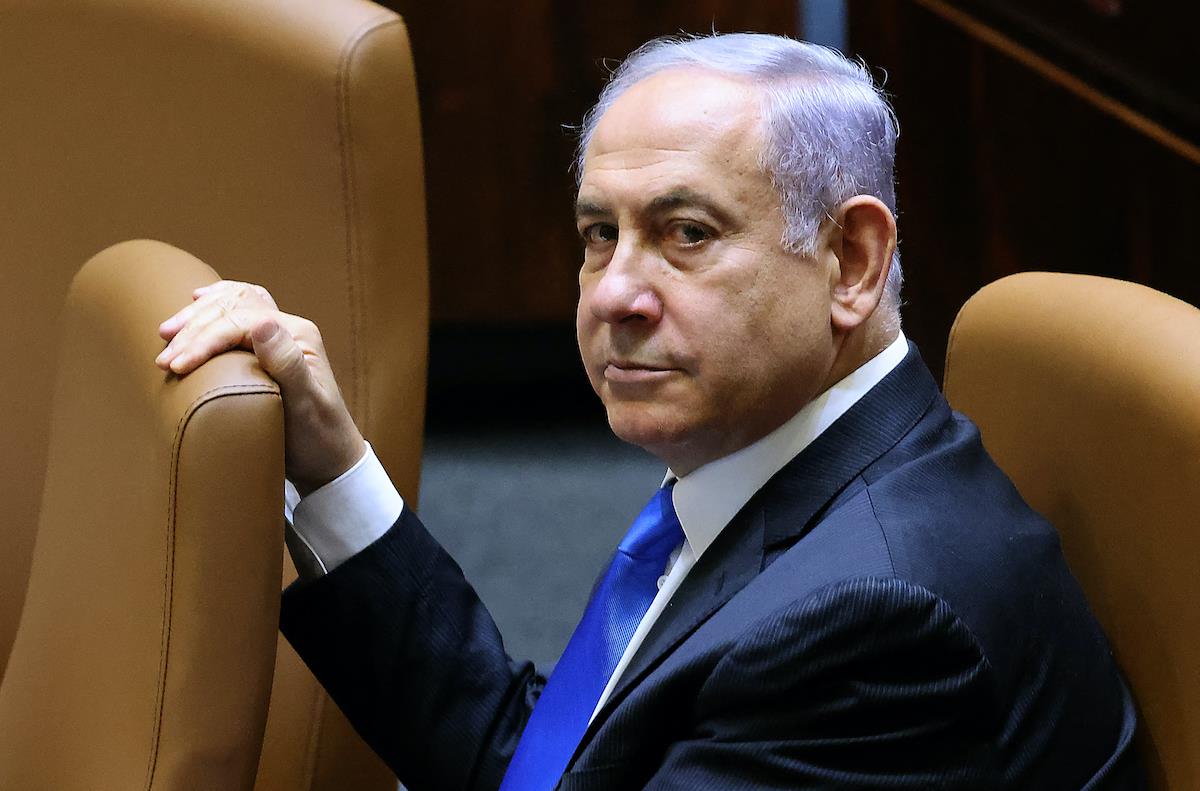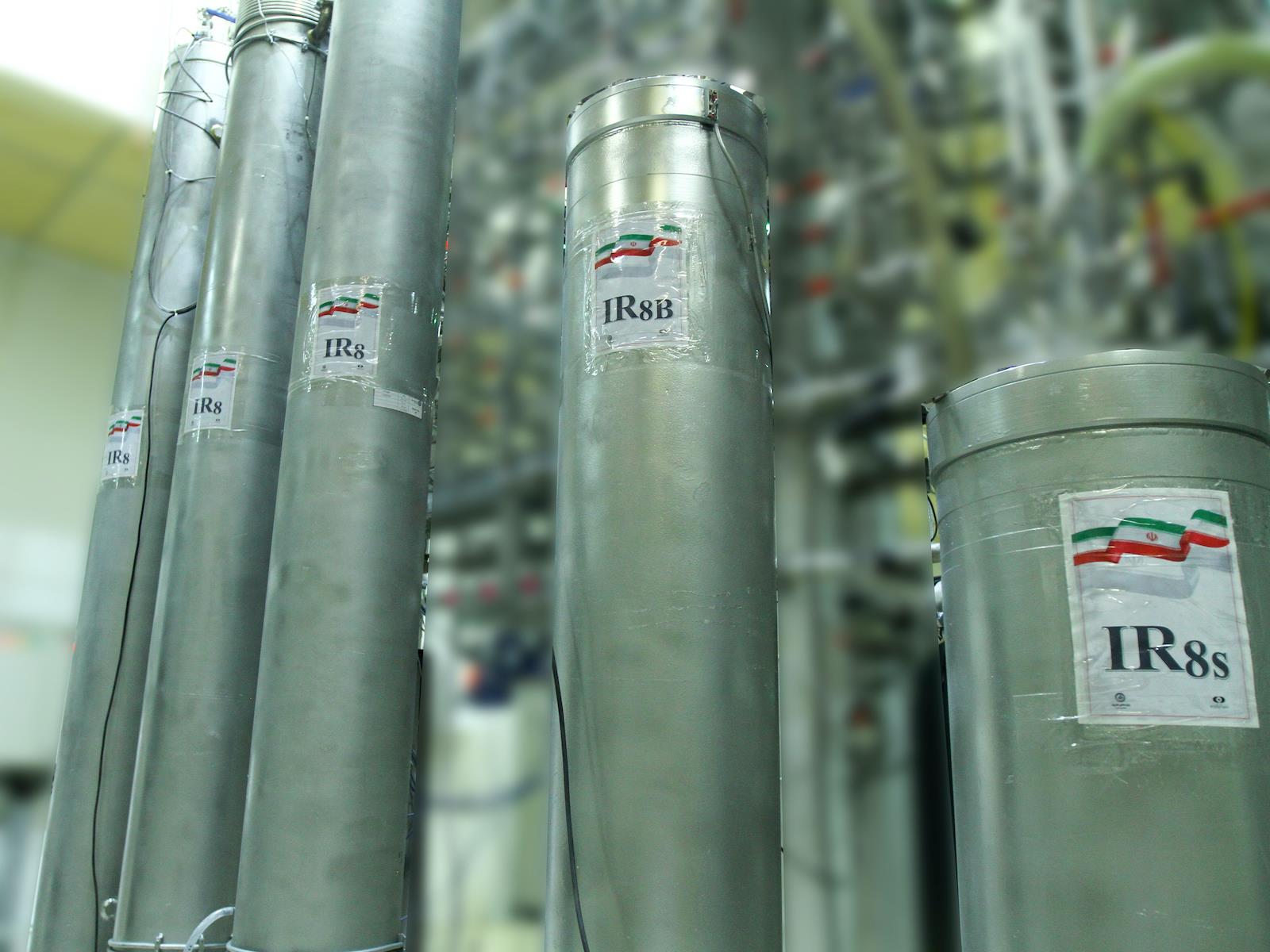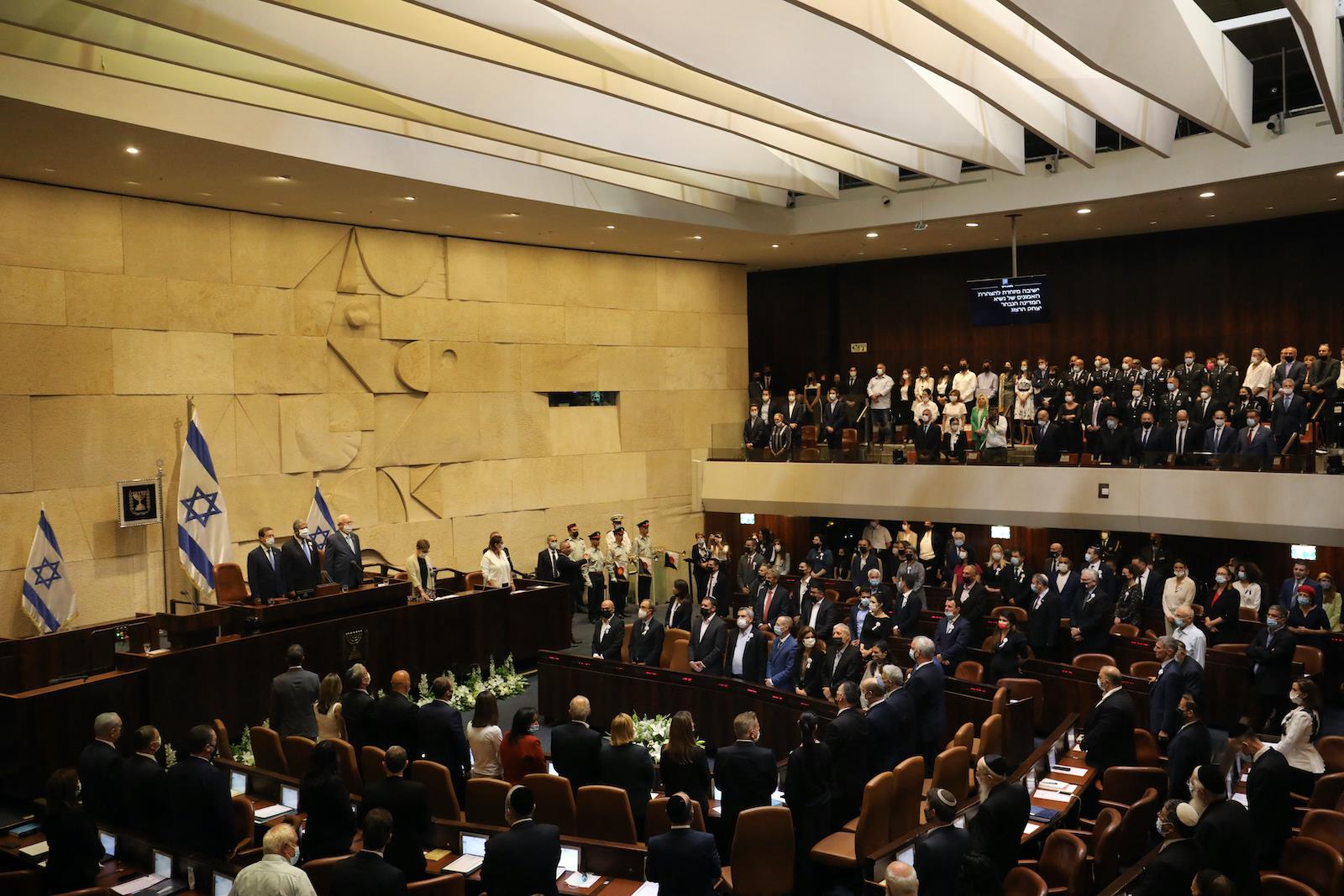(MENAFN- Asia Times) When Turkey's President Recep Tayyip Erdogan phoned to congratulate newly elected Israeli President Issac Herzog, the outreach and talk of future cooperation marked a stark shift in diplomatic tone.
Two months earlier, Erdogan had described Israel as“murderers” who“kill children” and are“only satisfied by sucking their blood”, harsh comments made in the heat of Palestinian rocket attacks and Israeli airstrikes on Gaza.
But Erdogan's new, upbeat attitude towards Turkey's traditional adversary reflects certain hopes that Israel's change in government will lead to an overhaul of its regional relations, too.
Herzog's election on June 2 came the same day as an eight-party coalition ousted long-serving Prime Minister Benjamin Netanyahu to form an entirely new government.
The new administration – led by Prime Minister Naftali Bennett until August 2023, when he will hand over to coalition partner Yair Lapid – is now seeking to break the deadlock on a range of domestic issues. In the process, they have also created an opportunity for a wider reset in Israel's foreign relations.
“For the first time in 12 years, Netanyahu is no longer in charge,” Jerusalem-based Jonathan Ferziger, a non-resident fellow at the Atlantic Council, told Asia Times.“The world, too, is very conscious of that.”
Yet, while some are now sanguine of significant change – including, it seems, the Turkish president – Bennett's hold on power is extremely fragile.
His coalition remains dependent on the slimmest of majorities in the Israeli parliament, the Knesset, where many of Netanyahu's supporters still refuse to concede defeat.
At the same time, Bennett's left, right and all shades in-between coalition is deeply divided by the Palestinian issue, with the government's survival largely dependent on the volatile subject remaining off the table.

Israel's Prime Minister Benjamin Netanyahu attends a special session to vote on a new government at the Knesset in Jerusalem, on June 13, 2021. Photo: AFP / Emmanuel Dunand
Anyone but 'Bibi'
When Netanyahu finally left office on June 13, it was undoubtedly a major moment in Israeli politics.
Known as 'Bibi', Netanyahu had been prime minister since March 2009. Yet, this long period in power had won him many enemies.
“The new government is a coalition of parties and leaders who agreed that the Netanyahu era had to come to an end,” Dr Kobi Michael, senior research fellow at the Institute for National Security Studies in Tel Aviv, told Asia Times.
“They realized that the damage Netanyahu was causing was far more significant than any dispute they might have between themselves.”
That damage crucially included the harm Netanyahu had done to Israel's relations with two key countries – neighboring Jordan and its long-time superpower backer, the United States.
With Netanyahu closely associated with former US president Donald Trump and the Republicans, the victory of Democrat Joe Biden in November 2020 left the then-Israeli prime minister increasingly at odds with Washington.
“This new Israeli government will try and reach a new understanding with the US,” predicts Michael.“In particular, they have to try and fix relations with the Democrats, who have changed a lot in the last 10 years and are now very critical of Israel. The country needs to regain bipartisan support in Washington.”
At the same time, Biden is seeking to return the US to the Iran nuclear deal, known as the Joint Comprehensive Plan of Action (JCPOA), after Trump pulled the US' participation – a move Netanyahu had vociferously supported.
“Bennett will try to reach an understanding with the US of what happens after the Iran nuclear deal is re-signed,” says Michael.

This file handout picture released by Iran's Atomic Energy Organization on November 4, 2019, shows atomic enrichment facilities at Natanz nuclear power plant, some 300 kilometers south of capital Tehran. Photo: AFP / Atomic Energy Organization of Iran
Mending fences
With Jordan – the Arab neighbor with which Israel shares its longest land border – Netanyahu had deeply antagonized the country's ruler, King Abdullah II.
Yet,“Jordan is a key country for Israel,” says Michael, pointing out its role as a trade route and buffer between Israel and conflicts in Syria and Iraq.
Jordan is also home to many Palestinians, while also lying adjacent to the West Bank – which is partly controlled by the Palestinian Authority but otherwise occupied by Israel.
This land is also a constant flashpoint between Palestinians and Jewish settlers. The latter have been expanding their settlements – illegally, according to the United Nations, but largely with Netanyahu's support.
“Under Netanyahu, relations with Jordan became very poor, diplomatically and politically,” adds Michael.
Within three days of taking office, Bennet had flown to Jordan and agreed to a new deal with the Jordanian leader to supply his drought-stricken kingdom with additional water – something Netanyahu had refused to do.
Yet, the confrontation between Israeli settlers and Palestinians – a key trigger in the recent Gaza conflict – is also one of the fault lines in Bennet's coalition.
This includes parties who support the settlers, such as the right-wing Jewish nationalist Yamina alliance, and groups who oppose them, such as the left-wing Meretz.
Bennet himself was director of the Yesha Council, an umbrella group representing West Bank settlers who now number around half a million people in an Israeli state of around nine million.
Yet,“The Palestinian issue was completely absent from discourse during the election campaign,” says Ferziger.

People take to the streets of Gaza City to celebrate a ceasefire brokered by Egypt between Israel and the ruling Islamist movement Hamas in the Gaza Strip, early on May 21, 2021. Photo: AFP / Mohammed Abed
Instead, there was a widespread view that because there was little likelihood of any real change on the issue, it could be safely left out of the discussion.
“What really separates parties in Israel isn't left and right, conservative or liberal,” says Michael,“but more your view of the Palestinian issue. With no real probability or possibility of any final settlement being reached on this, it was much easier for the coalition parties to come together.”
These include the United Arab List, the first ethnic Arab Israeli party to be part of an Israeli government.
“This is a very important opportunity for Israeli society,” says Michael.“There has been a lot of friction within Israeli cities recently, between Israeli and Arab citizens, so having this party in the coalition shows the government is serious about tackling this.”
In the Knesset, however, the eight-party grouping is only just ahead of Netanyahu's opposition coalition.
“Every single member has to show up for critical votes,” says Ferziger.“It's so tight, Bennet can't even find a date to meet with Biden at the moment, for fear of being away and a no-confidence vote being called.”
Ironically, though, this has galvanized the new government's supporters.“There's a kind of parliamentary discipline we haven't seen in a long while,” adds Ferziger.

Knesset (parliament) meeting during which Isaac Herzog, a veteran of Israel's left-wing Labor party, was sworn in as the Jewish state's 11th president, replacing Reuvin Rivlin, in Jerusalem, on July 7, 2020. Photo: AFP / Gil Cohen-Magen
Crucial challenges
The government now has to pass its first budget within three months of taking office, something that Netanyahu was unable to do in 2020 or 2021.
“If they don't pass the budget, the government falls,” says Ferziger.
So far, however, the signs are promising. Some opposition members have said they will vote with the government, as after two years without a budget, many state services have been paralyzed.
Even more difficult, however, will be the elephant in the cabinet room: the Palestinians. Eventually, analysts note, the issue will come to the fore.
And what happens to the government should tensions boil over again therefore remains very much to be seen.
“The Palestinian issue does have a way of reinserting itself, no matter what,” says Ferziger.“Four thousand rockets fired on Israel during the Gaza conflict told the world the Palestinians are still there – and they're not giving up.”
MENAFN20072021000159011032ID1102481618